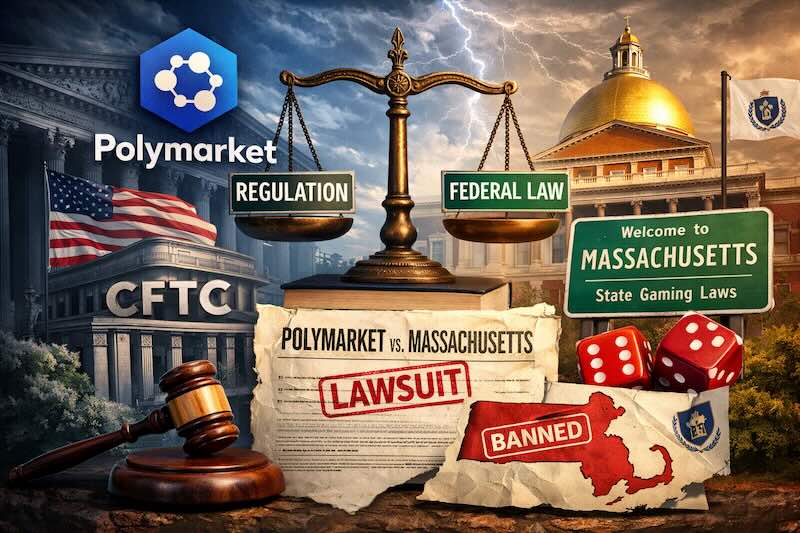
Pennsylvania casino self-exclusions reach 20,000 mark

The state’s Casino Self-Exclusion Program began in 2006; self-exclusion options are also available for online gaming in Pennsylvania.
The Pennsylvania Gaming Control Board (PGCB) has announced that 20,000 voluntary bans have occurred since its self-exclusion program was established 17 years ago.
In 2006, the PGCB created a self-exclusion program for gamblers in the Keystone State. Aptly titled the Casino Self-Exclusion Program, it allows individuals to request to ban themselves from entering casinos and sports betting venues.
This self-exclusion tactic comes with the option of selecting a duration for the ban of either one year, five years or a lifetime.
A total of 4,355 people, or 21%, of those using the program have chosen the lifetime ban. In total, 307 individuals have selected the lifetime ban option after previously choosing to ban themselves for a shorter period of time. Those on the list range in age from 21 to 102 years old.
Online self-exclusion programs also began in 2019. Currently, 3,778 people have self-excluded from iGaming, while 1,467 people have banned themselves from VGTs and 797 individuals have banned themselves from engaging in fantasy sports.
Those who choose to ban themselves will be refused any attempts to wager and lose access to gaming privileges in all state casinos. Casino operators must also reject check cashing, deny player club membership and forego any other complimentary services or benefits for excluded players.
Additionally, the severity of a banned player entering a casino after self-exclusion could be criminal trespassing charges; those looking to ban themselves are warned of this up-front. Any gambling winnings, if a banned player somehow makes it inside the casino, would also be confiscated.
Elizabeth Lanza, Director of the Office of Compulsive and Problem Gambling (OCPG), said, “The Casino Self-Exclusion Program, along with the agency’s three other self-exclusion programs, are effective and proven tools that allow for individuals to regain control over their lives, and to learn about other recovery resources.”
The PGCB stated that it “encourages anyone who thinks they may have a gambling problem to seek treatment and consider taking advantage of the voluntary self-Exclusion programs.”
Tags/Keywords
Players trust our reporting due to our commitment to unbiased and professional evaluations of the iGaming sector. We track hundreds of platforms and industry updates daily to ensure our news feed and leaderboards reflect the most recent market shifts. With nearly two decades of experience within iGaming, our team provides a wealth of expert knowledge. This long-standing expertise enables us to deliver thorough, reliable news and guidance to our readers.






